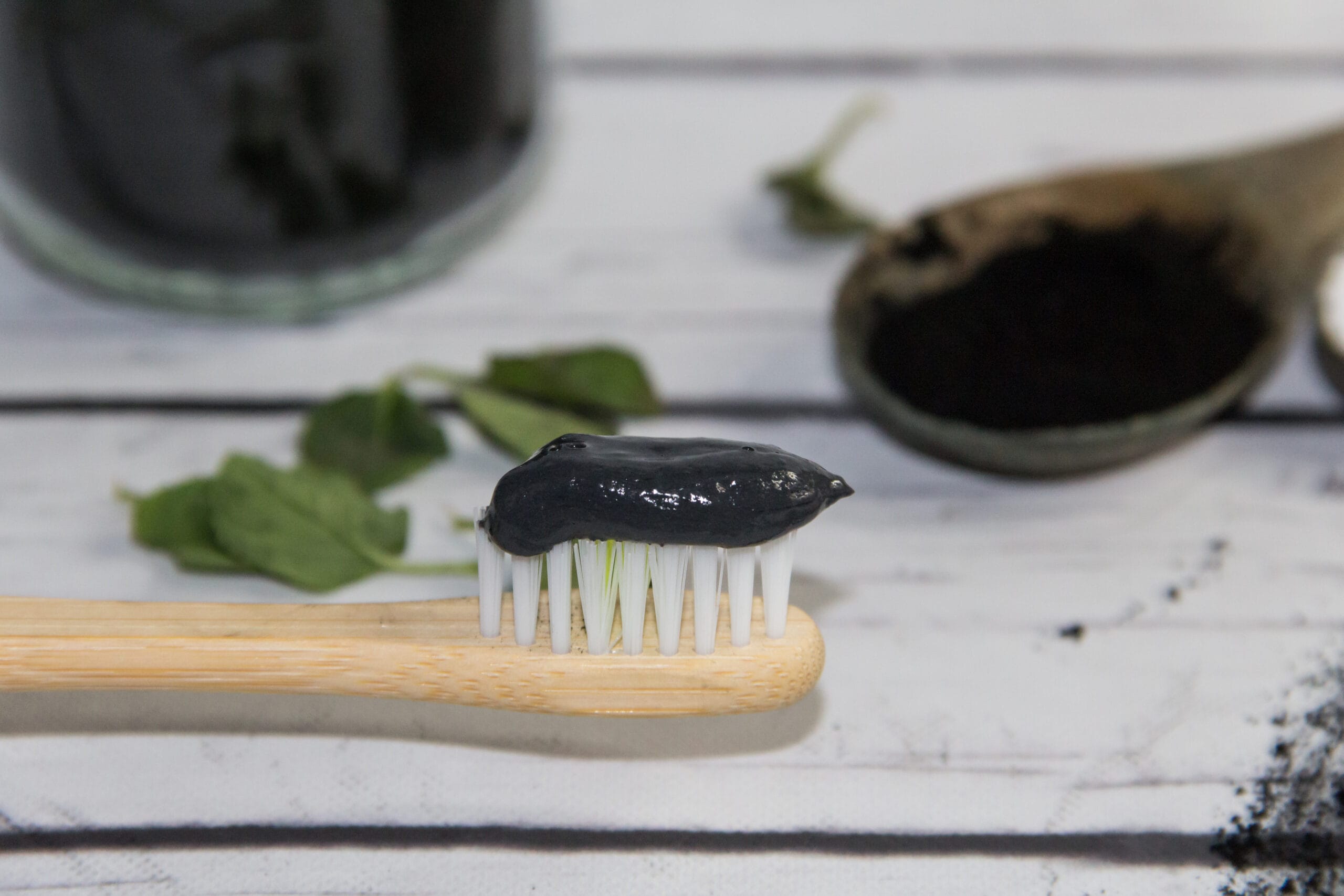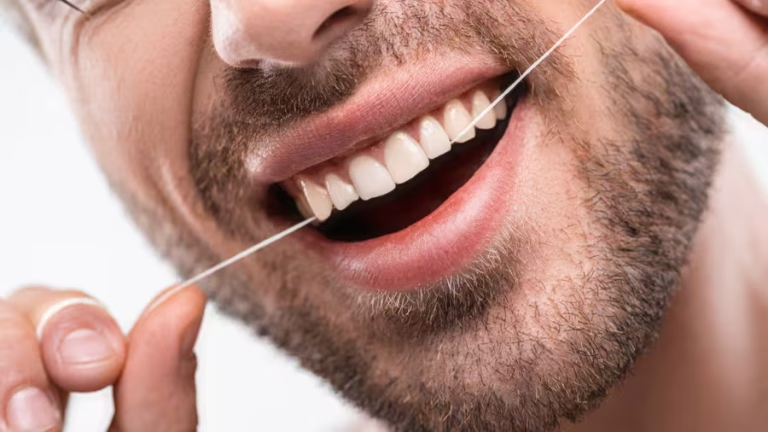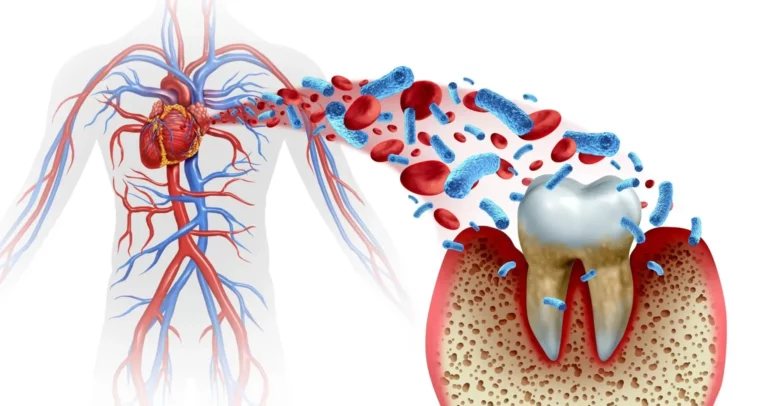Charcoal Toothpaste: Whitening Wonder or Dental Danger?
In recent years, charcoal toothpaste has surged in popularity, captivating the attention of beauty enthusiasts and dental care aficionados alike. You may have seen it on social media, with influencers raving about its ability to whiten teeth and detoxify the mouth. But as with many trends, it’s essential to dig a little deeper before jumping on the bandwagon. Is charcoal toothpaste truly a whitening wonder, or could it pose risks to your dental health?
This article aims to peel back the layers of this trendy product, exploring the science behind its claimed benefits and potential dangers. We’ll take a closer look at how activated charcoal is believed to work, its abrasiveness and effects on enamel, and how it stacks up against traditional whitening toothpastes. By the end, you’ll be equipped with the knowledge you need to make an informed decision about whether to incorporate charcoal toothpaste into your oral care routine. So, grab your favorite cup of coffee (or tea), and let’s dive into the world of charcoal toothpaste!
The Science Behind Charcoal’s Whitening Properties
Charcoal toothpaste has taken the oral care world by storm, and for good reason! Many people are drawn to its promise of a brighter smile and cleaner teeth, but what’s the science backing these claims? Activated charcoal, the star ingredient in these toothpastes, is derived from carbon-rich materials like coconut shells and wood. It’s touted for its ability to adsorb toxins and impurities, which is why it’s often used in various health and beauty products.
So, how does this translate to teeth whitening? Proponents argue that activated charcoal can bind to stains on your teeth, effectively lifting them away. Imagine charcoal as a sponge soaking up all those pesky coffee and wine stains that can dull your smile. Some studies suggest that it may help reduce surface stains, giving your teeth a whiter appearance. However, the scientific evidence supporting these claims is still somewhat limited. While there are anecdotal success stories floating around social media, rigorous research is needed to fully validate the effectiveness of charcoal toothpaste as a whitening agent[1][3].
But here’s where things get a bit murky: while activated charcoal may help with superficial staining, it doesn’t necessarily mean it’s a miracle worker for everyone. In fact, some dental professionals caution that relying solely on charcoal toothpaste could lead to disappointment. It’s essential to remember that true whitening often requires more than just scrubbing with charcoal; traditional whitening toothpastes or professional treatments might be necessary for more significant results.
Additionally, the science behind activated charcoal’s effectiveness isn’t universally accepted. Some experts argue that while it might help with minor surface stains, it lacks the potency of traditional whitening agents like hydrogen peroxide[5][6]. So before you jump on the charcoal bandwagon, it’s worth considering how much whitening you actually need and whether charcoal toothpaste is the right fit for your oral care routine.
In summary, while activated charcoal has some potential benefits for teeth whitening, the evidence isn’t overwhelmingly strong. If you’re looking for a brighter smile, it’s crucial to weigh your options and consult with a dental professional who can guide you toward the best solutions tailored to your needs. After all, we all want that dazzling smile without compromising our dental health!
Potential Abrasiveness of Charcoal Toothpastes
While the allure of a whiter smile may draw many to charcoal toothpaste, there’s an important factor to consider: its abrasiveness. You might be thinking, “A little scrubbing never hurt anyone!” But when it comes to your teeth, that’s not always the case. The gritty texture of charcoal can be quite abrasive, and this raises some red flags for dental health.
Tooth enamel, the hard outer layer of your teeth, is designed to protect against decay and sensitivity. However, it’s not invincible. Studies have shown that using highly abrasive toothpaste can lead to enamel wear over time. This is where charcoal toothpaste can become a double-edged sword. On one hand, it may help remove surface stains; on the other hand, it could be wearing down your enamel without you even realizing it.
Research has indicated that some charcoal toothpastes can have a relative dentin abrasivity (RDA) score that exceeds the recommended limits set by dental associations. This means that while you might be getting a brighter smile in the short term, you could be setting yourself up for long-term issues like increased sensitivity or even cavities. Ouch!
Let’s consider a scenario: Imagine you’ve been using charcoal toothpaste daily for a few months, excited about the results. You notice your teeth look whiter, but then you start feeling sensitivity when sipping hot coffee or biting into ice cream. This could be a sign that your enamel is thinning due to the abrasive nature of the charcoal.
Furthermore, anecdotal evidence from users suggests that while some people experience positive results with charcoal toothpaste, others report discomfort or changes in their oral health after prolonged use. It’s crucial to listen to your body and pay attention to any changes.
In light of these concerns, if you’re tempted to incorporate charcoal toothpaste into your routine, moderation is key. Consider using it as an occasional treatment rather than your go-to daily paste. This way, you can enjoy the potential benefits without putting your enamel at risk. And remember, consulting with your dentist can provide valuable insights tailored to your specific dental needs.
In summary, while charcoal toothpaste may offer some whitening benefits, its abrasiveness poses a significant risk to enamel health. It’s essential to strike a balance between achieving that bright smile and maintaining overall oral health—because no one wants to trade one problem for another!
Effects on Enamel and Overall Oral Health
When it comes to maintaining a healthy smile, the condition of your enamel is paramount. This hard, protective layer not only keeps your teeth looking their best but also shields them from decay and sensitivity. With the rise of charcoal toothpaste, it’s essential to examine how this trendy product impacts enamel and overall oral health.
As we discussed earlier, charcoal toothpaste can be abrasive. But what does that mean for your enamel? Over time, using products that wear down enamel can lead to a host of problems. Thinning enamel can make teeth more susceptible to cavities and increase sensitivity to hot and cold foods. Imagine biting into a slice of pizza only to feel a sharp pain shoot through your tooth—definitely not a fun experience!
Research indicates that the abrasiveness of some charcoal toothpastes can lead to significant enamel wear. A study published in the Journal of Dentistry found that certain charcoal products had RDA scores that exceeded safe limits, raising concerns about their long-term use. While you might enjoy a brighter smile in the short term, the potential consequences could overshadow those benefits.
Let’s take a closer look at what happens when enamel wears away. First, you might notice your teeth looking yellower as the underlying dentin becomes more visible. Second, increased sensitivity can make everyday activities like eating or drinking uncomfortable. In severe cases, significant enamel loss can lead to more serious dental issues requiring professional intervention.
Additionally, using abrasive toothpaste can disrupt the delicate balance of your oral microbiome. A healthy mouth is home to a diverse community of bacteria that help protect against cavities and gum disease. Overly abrasive products may not only strip away enamel but also disturb this balance, potentially leading to other oral health problems.
So, what’s a savvy consumer to do? If you’re considering incorporating charcoal toothpaste into your routine, it’s wise to use it sparingly. Opt for it as an occasional treatment rather than your daily go-to. Pairing it with a gentle fluoride toothpaste can help ensure you’re still getting the benefits of cavity protection while minimizing risks.
And don’t forget about regular dental check-ups! Your dentist can provide personalized advice based on your unique dental health and help you navigate the world of whitening products safely.
In conclusion, while charcoal toothpaste may offer some appealing benefits for whitening, its effects on enamel and overall oral health cannot be overlooked. Prioritizing your dental health should always come first—after all, a bright smile is only beautiful if it’s healthy too!
Comparison with Traditional Whitening Toothpastes
When it comes to achieving that coveted pearly white smile, many people find themselves at a crossroads: should they stick with traditional whitening toothpastes or jump on the charcoal bandwagon? To make an informed decision, it’s essential to compare these two options in terms of effectiveness, safety, and overall user experience.
Effectiveness
Traditional whitening toothpastes often contain active ingredients like hydrogen peroxide or carbamide peroxide. These compounds are well-researched and proven to break down stains on the teeth, providing more significant whitening results than charcoal alone. For example, if you’ve ever used a whitening toothpaste and noticed a visible difference within a few days, it’s likely due to these powerful ingredients working their magic.
In contrast, while charcoal toothpaste may help lift surface stains, its effectiveness is generally limited to minor discoloration. If you’re dealing with stubborn stains from coffee, tea, or red wine, traditional whitening toothpastes might be the more reliable choice. Think of charcoal as a gentle scrubber—great for maintenance but not necessarily the heavy-duty cleaner you need for tough stains.
Safety
Safety is another critical factor to consider. As we’ve discussed earlier, the abrasiveness of charcoal toothpaste can pose risks to enamel health. In contrast, most traditional whitening toothpastes are formulated with enamel protection in mind. They often include fluoride, which helps strengthen enamel and protect against decay.
Many dentists recommend using whitening toothpastes that have been clinically tested for safety and efficacy. These products are designed to provide results without compromising your dental health. On the other hand, the long-term effects of using charcoal toothpaste are still under scrutiny, making it a less certain option for daily use.
User Experience
When it comes to user experience, preferences can vary widely. Some people enjoy the novelty of using charcoal toothpaste and appreciate its unique texture and flavor. However, others may find it gritty or difficult to rinse away completely. Traditional whitening toothpastes tend to have a more familiar consistency and flavor profile, making them easier to incorporate into daily routines.
Moreover, many users report that traditional whitening toothpastes leave their mouths feeling fresher and cleaner compared to charcoal varieties. If you’re someone who values that post-brushing freshness (and let’s be honest—who doesn’t?), this could be an important consideration.
The Verdict
So which option should you choose? If you’re looking for reliable whitening results without compromising your enamel health, traditional whitening toothpastes are likely your best bet. They combine effective stain removal with protective ingredients that support overall oral health.
However, if you’re curious about trying charcoal toothpaste for occasional use or as part of a broader oral care routine, just remember to do so in moderation. It can be fun to experiment with different products, but don’t lose sight of what’s most important: maintaining a healthy smile!
In summary, while both charcoal and traditional whitening toothpastes have their merits, understanding their differences can help you make an informed choice tailored to your dental needs. After all, a bright smile is only as good as the health behind it!
Conclusion
As we’ve explored throughout this article, the allure of charcoal toothpaste as a whitening solution comes with both potential benefits and significant risks. While activated charcoal may offer some degree of stain removal and a trendy appeal, its abrasiveness raises concerns about enamel health and overall oral hygiene.
In contrast, traditional whitening toothpastes, backed by scientific research and dental recommendations, provide a more reliable and safer option for achieving a brighter smile. They typically contain effective whitening agents while also promoting enamel strength and overall dental health.
Ultimately, the choice between charcoal and traditional whitening toothpastes boils down to your individual needs and preferences. If you’re curious about charcoal, consider using it sparingly as an occasional treatment rather than your everyday paste. And always remember to consult with your dentist for personalized advice tailored to your unique dental situation.
Your smile is one of your most valuable assets—so why not treat it with the care it deserves? Whether you opt for charcoal or stick with traditional methods, prioritize your oral health above all else. After all, a dazzling smile is best when it’s healthy! If you have any experiences or questions about charcoal toothpaste or whitening in general, feel free to share in the comments below. Let’s keep the conversation going!
FAQs
Q: What is activated charcoal and why is it in toothpaste?
A: Activated charcoal is a processed form of carbon, often from coconut shells or wood. It’s added to toothpaste with the claim it adsorbs stains and impurities from teeth, leading to a whitening effect.
Q: Does charcoal toothpaste really whiten teeth?
A: It may help remove surface stains, giving the appearance of whiter teeth. However, its effectiveness is limited compared to traditional whitening toothpastes, and it may not address deeper stains.
Q: Is charcoal toothpaste safe for my enamel?
A: Some charcoal toothpastes can be abrasive and may wear down enamel over time, leading to increased sensitivity and potential dental problems.
Q: How often should I use charcoal toothpaste?
A: If you choose to use it, moderation is key. Consider using it as an occasional treatment rather than your daily toothpaste to minimize potential enamel damage.
Q: Is charcoal toothpaste better than traditional whitening toothpaste?
A: Traditional whitening toothpastes often contain ingredients like hydrogen peroxide, which are proven to break down stains more effectively and are generally considered safer for enamel when used as directed.
Q: Can charcoal toothpaste cause any long-term dental problems?
A: Regular use of abrasive charcoal toothpaste can lead to enamel erosion, increased tooth sensitivity, and potentially cavities due to the loss of protective enamel.
Q: Does charcoal toothpaste protect against cavities?
A: Charcoal toothpaste doesn’t always contain fluoride, which is a key ingredient in preventing cavities. If using charcoal toothpaste, consider supplementing with a fluoride treatment.
Q: What should I look for in a whitening toothpaste?
A: Look for toothpastes with the ADA Seal of Acceptance, indicating they’ve been tested for safety and efficacy. Also, consider the Relative Dentin Abrasivity (RDA) score; lower scores are less abrasive.
Q: If I use charcoal toothpaste, how can I minimize damage to my teeth?
A: Use it sparingly, apply gentle pressure while brushing, and consider alternating with a fluoride toothpaste to help protect and remineralize enamel.
Q: Should I talk to my dentist before using charcoal toothpaste?
A: Yes! Your dentist can assess your specific dental needs and provide personalized recommendations on whether charcoal toothpaste is appropriate for you. They can also monitor your enamel health during regular check-ups.







